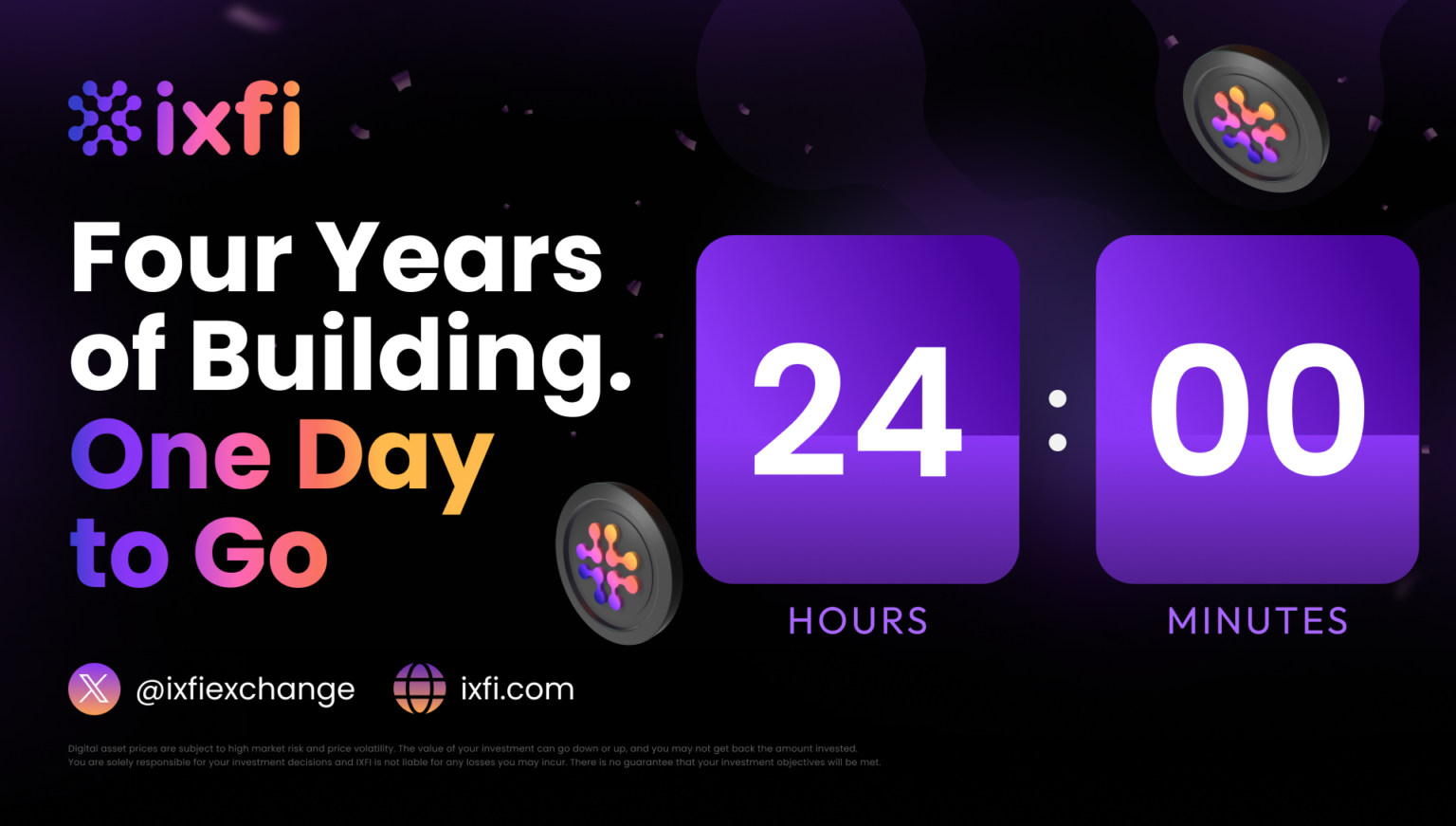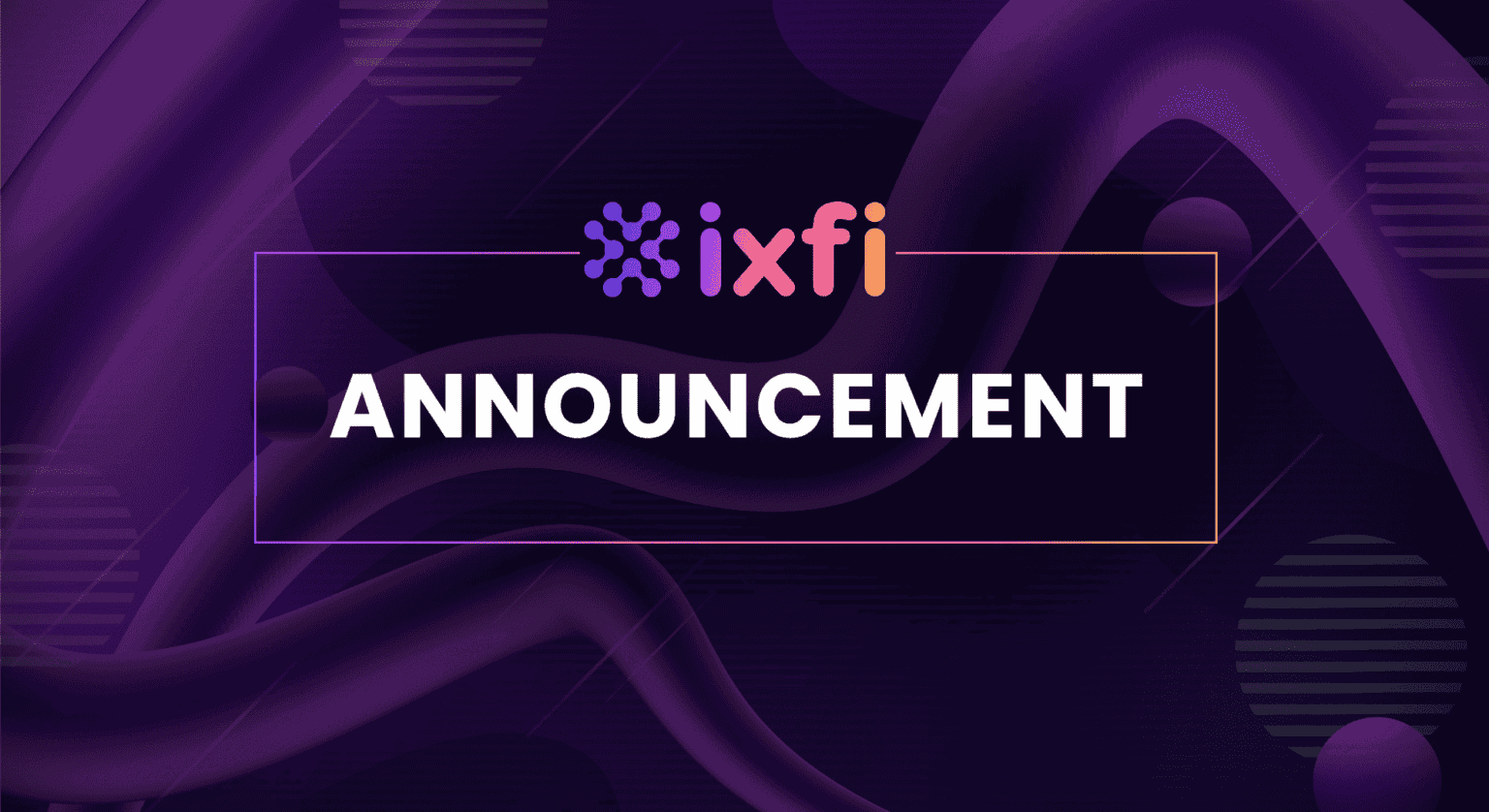The European Union Finance chief announced the EU’s plan to propose a bill for digital Euro in 2023. The bill will serve as the legal foundation for the European Central Bank’s (ECB) experiment on retail central bank digital currency for the union. The integration of blockchain technologies will provide technical support to the ECB’s ongoing project of developing a virtual version of the euro banknote or coin.
Since last year, the ECB has been showing contradictory actions regarding the future of a digital euro. For example, just before the ECB launched a two-year investigation into a digital euro, an ECB official said that the project doesn’t guarantee the launch of a digital currency upon completion of the experiment. However, shortly after, ECB executive board member Fabio Panetta stated that there was a possibility of a digital euro becoming a legal tender. The European Commission’s 2023 digital euro bill plan is the definitive sign that the digital euro might soon become a reality.
Why is the ECB Acting Now?
Central banks worldwide have begun developing virtual currencies to compete with tech companies rapidly penetrating the payment industries. Blockchain technologies have become significant threats to the traditional banking system due to the popularity of cryptocurrencies and customers’ demand for fast and convenient payment, banking, and investment methods. The stagnant conventional banking system struggles to align its business activities and processes with customers’ needs and expectations. The crypto technologies are built to address these issues and gaps, thus making them more attractive to modern-day consumers.
The proposed bill indicates that ECB acknowledges the shift in customers’ interests and the threats posed by cryptocurrencies to the traditional banking systems. The central banks must prepare for transitions to digital currencies to ensure the stability of banks and other financial institutions. Fabio Panetta, ECB Executive Board member, told MEPs in mid-November that although people have access to central bank money in the form of cash, they are increasingly preferring shopping online and paying digitally. The consequence of this transition to the digital economy is that money will become marginalized since it no longer serves people’s payment needs, and they will have little incentive to hold it.
Motivated by these concerns, the ECB is conducting in-house experiments with a digital euro and plans to begin working on the prototype at the end of 2023. The success of these proposed projects depends on legislators’ willingness to adopt and integrate critical changes into the EU legislative framework to facilitate the development of the digital euro. Thus, the Eurozone governors are expected to decide whether developing the digital euro currency is worth it.
What to Expect
If the bill becomes law, the union’s virtual currency might be ready latest by 2025 since it will require 2 to 3 years of further experimenting and development.
That timeframe is also required to allow the bill to undergo the EU’s legislative procedure. First, the bill must be approved across the EU capitals through negotiations and Parliament before it becomes a law. Secondly, the EU’s executive arm is set to begin a public consultation process that will focus on critical aspects, such as how the digital euro could be used.
Countries in other parts of the world have already begun introducing digital currencies. China has the Digital Yuan, and India plans to introduce Digital Rupee by early 2023. Introducing the digital euro will ensure that economies within the EU are not left behind when others are making progress in transitioning to the digital economy.
As you might be aware by now, decentralization is the future of the economy, so investing in crypto would be a smart move on your part. If you’re looking for a safe and seamless experience, you can trust Your Friendly Crypto Exchange to take your trading to the next level. Create an IXFI account with no hassle or regrets.
Disclaimer: The content of this article is not investment advice and does not constitute an offer or solicitation to offer or recommendation of any investment product. It is for general purposes only and does not take into account your individual needs, investment objectives and specific financial and fiscal circumstances.
Although the material contained in this article was prepared based on information from public and private sources that IXFI believes to be reliable, no representation, warranty or undertaking, stated or implied, is given as to the accuracy of the information contained herein, and IXFI expressly disclaims any liability for the accuracy and completeness of the information contained in this article.
Investment involves risk; any ideas or strategies discussed herein should therefore not be undertaken by any individual without prior consultation with a financial professional for the purpose of assessing whether the ideas or strategies that are discussed are suitable to you based on your own personal financial and fiscal objectives, needs and risk tolerance. IXFI expressly disclaims any liability or loss incurred by any person who acts on the information, ideas or strategies discussed herein.




